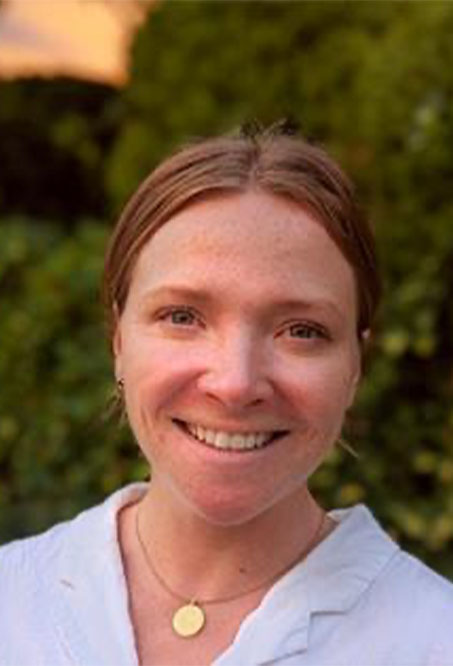 Maddie Brancel received the FLAS Fellowship award during the 2014-2015 academic year to study Portuguese at the University of Wisconsin, Milwaukee. Read about her experience below.
Maddie Brancel received the FLAS Fellowship award during the 2014-2015 academic year to study Portuguese at the University of Wisconsin, Milwaukee. Read about her experience below.
Why did you apply for the FLAS Fellowship?
I applied for the FLAS Fellowship because I wanted to deepen my knowledge of Portuguese language and the history and culture of Lusophone countries like Brazil, Portugal, and Mozambique. I used the FLAS Fellowship to take advanced coursework at UWM in language and area studies rather than studying abroad. I had already studied abroad in Brazil and Portugal and needed to make progress on some of my core courses for my Global Studies major. I also wasn’t sure where I wanted to go next, but I knew that taking coursework in the Spanish & Portuguese department would allow me to explore new topics in literature, film, and history. As it turns out, I was very influenced during this time by Professor Sandra Sousa’s course which introduced some incredible pieces of literature from lusophone Africa, such as Luis Bernardo Honwana’s “Nós Matamos o Cão Tinhoso.” This book, written in 1964 while Mozambique was still under colonial rule, critiques Portuguese colonialism through the eyes of multiple characters, many of them children. This literary introduction to Mozambican politics and history inspired me to later apply for a David L. Boren Scholarship to continue my studies of Portuguese in Mozambique and to better understand the history of Mozambican liberation movements against colonial rule, independence, and the subsequent civil war.
What are you doing now?
Currently, I am a Policy Manager at the Abdul Latif Jameel Poverty Action Lab (J-PAL), where I manage the Education sector and work with governments, NGOs, and academics to build research partnerships and promote evidence-informed policymaking. Prior to joining J-PAL, I was a Senior Program Officer at World Education, where I began my career supporting our team in Mozambique to design, manage, and evaluate bilateral aid programs focused on literacy and numeracy.
What have you learned from the experience? How have your language skills and FLAS helped or prepared you?
In my current work, I use Portuguese to collaborate with my Brazilian colleagues in São Paulo or in partnership discussions with Brazilian organizations. When I started my career at World Education, I used Portuguese almost every day in communication with my Mozambican colleagues. Over the years, I have also supported programs in Egypt and Ghana, but have always had a soft spot for work in Brazil and Mozambique. I think that to be most effective in education and poverty alleviation work, it is important to have spent time learning about a country’s history, culture, and language. To me, this is a sign of basic respect. The FLAS Fellowship, along with study abroad, helped me learn to lean into the humility of what I don’t know and taught me to listen first.